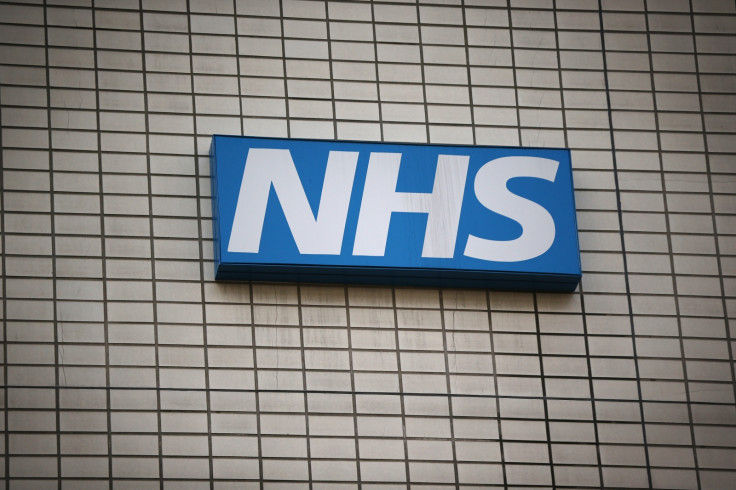NHS data of up to 700,000 patients shared against their wishes, admits data body

The confidential NHS data of up to 700,000 patients has been shared against their wishes, the body responsible for releasing NHS patient data to organisations including insurance companies has admitted.
The Health and Social Care Information Centre (HSCIC) told MPs that although patients asked for details from their records not to be passed on, it "does not currently have the resources or processes to handle such a significant level of objection" and had also encountered technical issues logging the preferences.
The details were registered during preparations for the creation of a controversial medical database, which was shelved in March 2014.
In a letter informing the House of Commons health select committee of the breach in February, HSCIC chair Kingsley Manning admitted "may take some time" to resolve the issue.
Phil Booth, the director of data rights advocacy group medConfidential told health sector journal Pulse: "The material fact is, hundreds of thousands of people, last January, February, March, exercised their right to opt out of having their data passed on by the HSCIC, and that has not been respected."
Dr Beth McCarron-Nash, who leads on care data for the General Practitioners Committee (GPC), told Pulse: "Obviously, if there are technical difficulties that HSCIC are experiencing, they must be resolved, and it is their responsibility to make sure patients are protected. But basically it's a mess."
In a debate in the House of Lords on Monday (1 June), Liberal Democrat peer Baroness Ludford said: "The admission was made that 700,000 people have objected to such data sharing, but the centre says that it is unable to implement or respect those objections.
"Will [the Government] invite the Information Commissioner to investigate this worrying situation?"
An HSCIC spokesperson said: "The HSCIC is committed to ensuring no patient suffers any adverse impact on their direct care through an inappropriate implementation of an objection. This means that information for applications such as cancer screening, electronic prescriptions and e-referrals is currently flowing and will continue to do so.
"The HSCIC is working closely with NHS England, the Department of Health and the National Data Guardian to progress these issues and ensure that patients' wishes are followed, without impacting on their direct care."
© Copyright IBTimes 2025. All rights reserved.



















